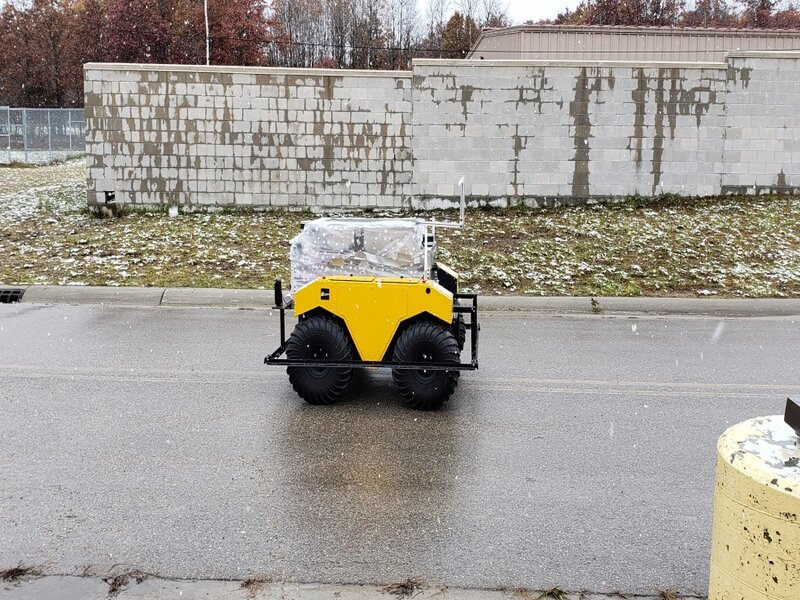
By Chris Lavers
The US Army Combat Capabilities Development Command’s (CCDC) Army Research Laboratory has just announced funding for a new round of off-road autonomy research under the Scalable Adaptive and Resilient Autonomy (SARA) programme. Under this partnered research programme the US Army has awarded 8 academic and industry partners $2.9m each as the first-year funding for the intended annual rolling research awards. The first round of research awards has gone to: Colorado School of Mines, GE Research, Florida Institute for Human and Machine Cognition, Indiana University, University of California, Berkeley, Universities of Rochester, Delaware, and Washington. The research will build upon the insights already gained from previous long-term projects, including the Micro Autonomous systems and Technology Alliance and The Robotics Collaborative Technology Alliance.
SARA programme manager Eric Spero said: “Robotic and autonomous systems need the ability to enter into an unfamiliar area, without the ability to communicate and for which there are no maps showing terrain or structures, make sense of the environment, and perform safely and effectively at the required operational tempo. Technologies must be identified and further developed, integrated and assessed to achieve the envisioned capabilities in perception, learning, reasoning, communication and navigation of autonomous air and ground vehicles.” To provide full autonomous functions in a previously unknown environment provides the ultimate autonomy challenge. The first technology “spring” is in alignment with the laboratory’s Artificial Intelligence for Manoeuvre and Mobility Essential Research Programme. It will focus on developing and advancing off-road manoeuvres technologies. Laboratory research developments will provide integrated solutions onto as yet undesignated testbed platforms, and into the laboratories’ already extensive autonomous systems software repository.
Vehicle Technology Directorate chief scientist Dr Brett Piekarski said: “Current commercial autonomy solutions are limited by needed infrastructure, prior information, and structured environments. More research is needed to realise the freedom of manoeuvre necessary for military relevant autonomous operations.”
Generic platform autonomy advancements are largely platform agnostic and as such will seek to benefit both military and civilian applications in space, air, ship and below water experimental platforms.
